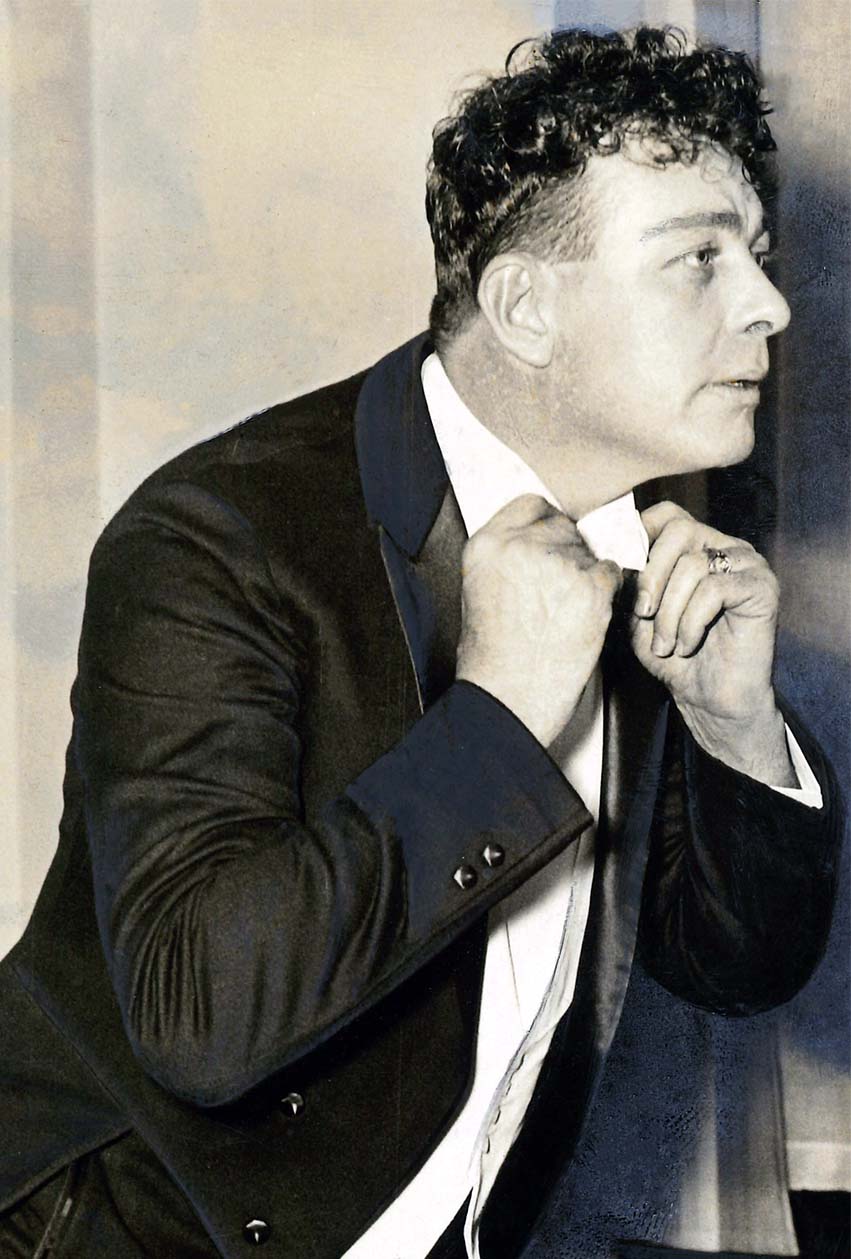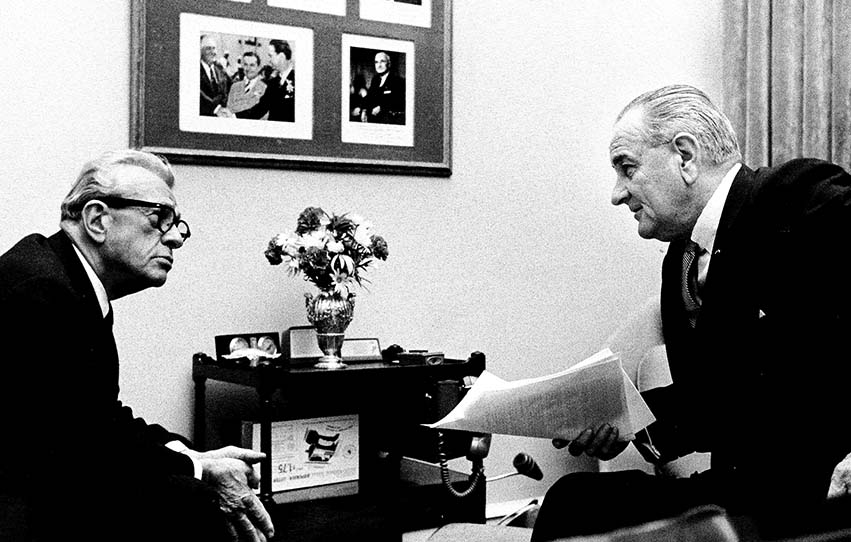The questions of how, why and for what purpose our nation’s most celebrated public figures assumed the highest mantle of leadership—the U.S. presidency—is one that historian Doris Kearns Goodwin has spent decades attempting to answer. In her most recent book, Leadership in Turbulent Times, she shares with her readers the stories of “her” presidents—Abraham Lincoln, Theodore Roosevelt, Franklin Roosevelt and Lyndon Johnson—and through them, provides compelling insights into the possible answer(s) to these questions.
Lessons from the Greats
First, Goodwin reveals what she believes to be the necessary human qualities for effective leadership: humility, empathy, resilience, self-awareness, ambition, appropriate risk-taking, the ability to allow others to question you, and an aptitude for communicating that involves the skill of storytelling. Which of these qualities are inborn, and which are acquired through one’s environment and circumstance? As it turns out, it’s complicated.
Abraham Lincoln, for example, seems to have been born with an instinct toward empathy and an unparalleled mastery of language. As for his qualities of humility and ambition, those were likely products of his poor and rugged upbringing. His ambition was especially crucial to his eventual success, as it drove him to climb steadily up the ladder of society from its bottom-most rung.
To the contrary of Lincoln, both Theodore and Franklin Roosevelt were born of enormous wealth and privilege, making it easy for them to enter public life but quickly challenging their ability to succeed once they arrived there. Empathy and humility did not initially come as naturally to the Roosevelts. However, they were conscientious enough to expose themselves to the experiences of society’s less fortunate, and over time, were able to gain the level of perspective and understanding necessary to be true public servants. Theodore’s inborn strengths were that of curiosity and a unique photographic memory, while Franklin’s greatest natural advantage was his innately optimistic temperament. Incidentally, all three of these leaders were exceptional storytellers, whether by nature, nurture, or a combination of both.

Parallels with Dirksen
In exploring Goodwin’s book and learning more about “her” presidents, I consistently recognized parallels between each of these great leaders and central Illinois’ own great leader, the late Everett Dirksen. Like Lincoln, he was born of no privilege, wealth or social status. His first-generation immigrant mother was twice widowed, and ended up raising Everett and his four brothers alone in one of the poorest neighborhoods in town. Like Theodore Roosevelt, Dirksen was a prolific reader, and like Franklin Roosevelt, his easygoing mannerisms made him approachable and easy to work with.
Dirksen’s own ambition, paired with natural qualities such as his genuine thirst for knowledge, good-natured persistence, and legendary oratorical abilities, certainly aided him in his own journey toward national prominence and success. I continue to be awed and inspired by the ability of Dirksen and Lyndon Johnson—with their diametrically opposed leadership styles—to have worked together effectively toward challenging goals while maintaining a true and loyal friendship.
An Endless Journey
Having spent her entire career studying some of our nation’s most influential leaders, and in rising to the top of her own field, Goodwin argues that a person’s inborn traits—their “brilliance”—does matter, but that no one gets away with relying on brilliance alone. Her advice to anyone who wishes to become a leader is to work hard at absolutely everything, because when it comes to leadership, nothing matters more than hard work.
My own observations about these particular leaders is consistent with what I have learned from all the great leaders I have encountered. Above all else, they master the art of continuously becoming the best possible version of themselves; they embrace their inborn brilliance, while recognizing and addressing the weaknesses in both their natural personality and the environment that shapes them. They exist in a state of endless pursuit for new life experiences that will make them more aware of themselves, and even more aware of others. Leaders are neither born nor made. Leaders are born and made. PM
Tiffany White is director of the Dirksen Congressional Center, a nonpartisan, not-for-profit organization with a mission to enhance the public’s understanding of Congress, its people and its policies. It is named after the late Senate Minority Leader from Pekin, Everett McKinley Dirksen.




